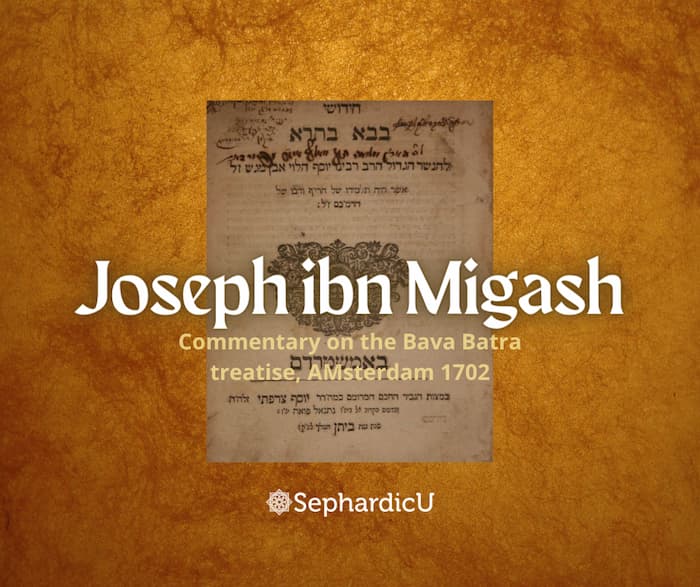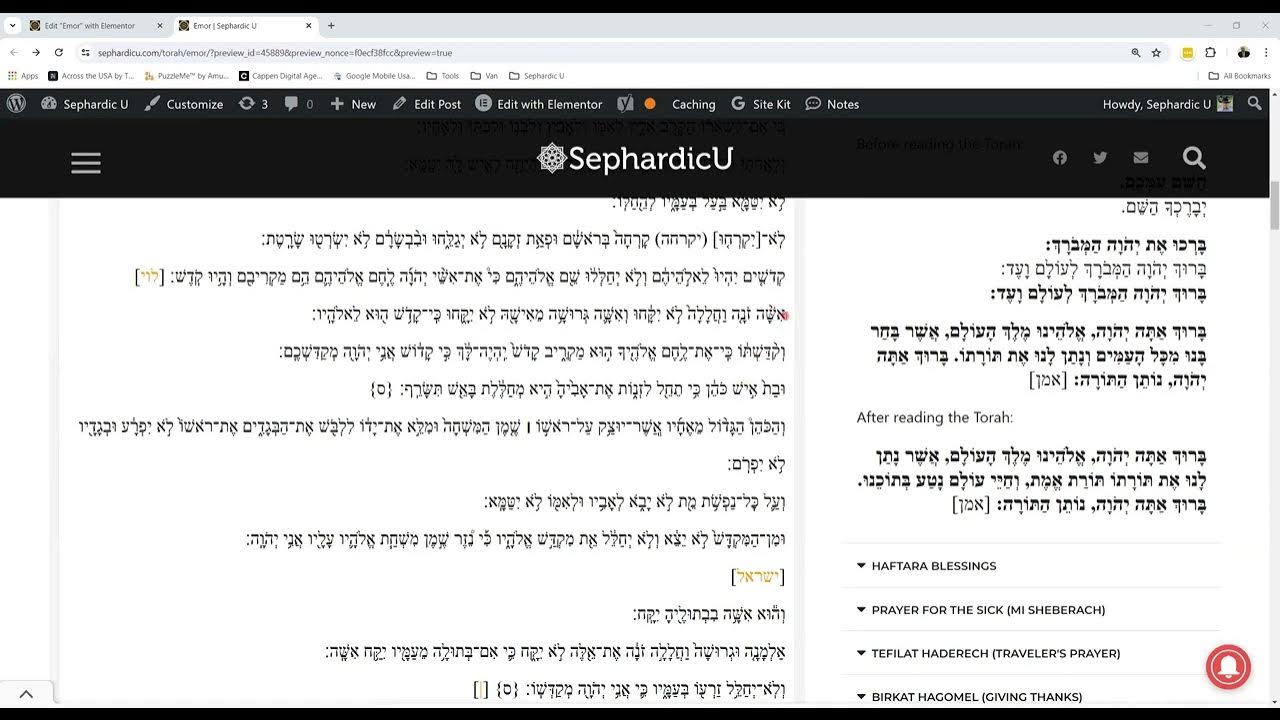Introduction
Joseph ibn Migash, also known as Yosef ben Meir ibn Migash, was a prominent rabbi and Talmudic scholar in medieval Al-Andalus. Born in Lucena in 1077, his scholarly contributions continue to influence Sephardic Jewry.
| Points | Details |
|---|---|
| AKA | Yosef ben Meir ibn Migash |
| Born | 1077 |
| Place of Birth | Lucena, Al-Andalus |
| Died | 1141 |
| Place of Death | Unknown |
| Occupation(s) | Rabbi, Talmudic Scholar |
| Notable Works | Responsa, Legal Commentaries |
Early Life and Education
Joseph ibn Migash received a rigorous education in Jewish religious texts and Talmudic studies. Growing up in the intellectually vibrant environment of Al-Andalus, he mastered Hebrew and Arabic languages, allowing him to engage deeply with both Jewish and Islamic scholarship.
Rise to Prominence
Joseph ibn Migash’s expertise in Jewish law and Talmudic interpretation earned him widespread recognition as a leading authority in Sephardic Jewry. His legal rulings and responsa addressed complex issues facing Jewish communities, solidifying his reputation as a revered halachic authority.
Notable Works
Among Joseph ibn Migash’s most significant contributions are his responsa and legal commentaries. These writings addressed a wide range of legal and ethical dilemmas, providing practical guidance to Jewish communities across the Iberian Peninsula. His meticulous analysis of Talmudic texts and legal precedents continues to serve as a valuable resource for scholars and practitioners of Jewish law.
Influence and Legacy
Joseph ibn Migash’s legal rulings and scholarly insights have had a lasting impact on Sephardic Jewry. Revered for his erudition, piety, and compassion, he remains a revered figure in Jewish legal tradition. His responsa and legal commentaries are studied and cited by scholars and rabbinic authorities, attesting to their enduring relevance and authority.
Commemoration
In recognition of his contributions to Jewish scholarship, numerous yeshivot and synagogues bear the name of Joseph ibn Migash. His teachings are commemorated through lectures, seminars, and publications dedicated to preserving and disseminating his legal rulings and halachic insights.
Conclusion
In conclusion, Joseph ibn Migash stands as a towering figure in the annals of Sephardic Jewry. His profound knowledge of Jewish law and Talmudic scholarship continues to inspire scholars and practitioners alike, reaffirming his status as a luminary of Jewish legal tradition. As we reflect on his life and works, let us honor the legacy of Joseph ibn Migash and strive to uphold the timeless values of Torah and halacha that he exemplified.








Parashat Behar – Weekday Torah Reading (Moroccan TeAmim)